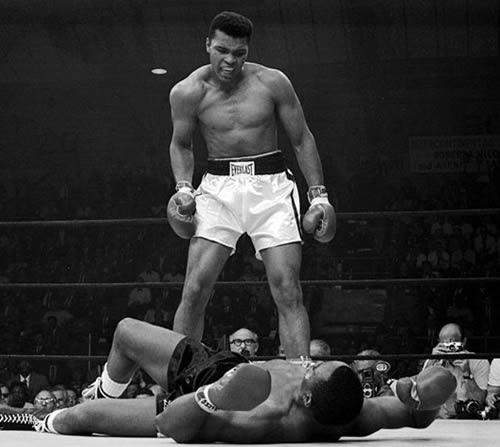by Cullen Roche, Pragmatic Capitalism
If there’s one thing I am most proud of it’s that I became 100% financially independent (meaning I relied on no other entity or person for income or financial assistance) before the age of 30. Yes, there was a certain degree of luck that went into that (e.g., if I’d started my first company in 1999 or 2008 at the stock market peaks I almost certainly wouldn’t have survived it independently), but I also followed a very simple set of broader financial management rules that allowed me to achieve financial independence at a relatively young age. Here is a basic outline of those rules:
- The key to financial success isn’t saving more. It’s investing more. In yourself. You have to maximize your primary source of income by making yourself valuable to other people in some way. Saving more isn’t how most people become wealthy. Wealthy people maximize their primary source of income.
- Never stop learning. Education is the gateway to differentiating yourself from the crowd and constantly improving yourself so you can adapt and evolve with the ever changing economy. The internet is a gold mine of information and educational resources. Use, Khan Academy, my Understanding Money page and empower yourself with the most powerful tool you can have – knowledge.
- Don’t do something you love. Do something other people will love you for doing. Very few people earn a living doing something they truly love. But many successful people love what they do because other people value them for doing it.
- Keep your finances simple. Reduce the number of bank accounts and credit cards you have. Consolidate your brokerage accounts. Make your financial life more manageable. Use a personal finance app like Mint to track your finances so you can stay on top of your income, spending and investments.
- Automate your finances. Make sure you have auto bill pay set-up and automatically transfer funds from a savings account to an investment account on a monthly basis. Automate your investment account in a systematic plan of some sort so you don’t get caught up in the allure of “stock picking” and trying to become the next Warren Buffett. Reduce your taxes and fees as best you can. This means taking a moderately long perspective with your investments (at least 12 months plus) and never paying for high fee investment accounts and managers.
- Follow the 50/30/20 rule. Spend 50% of your after tax income on essentials (housing, utilities, food, etc), 30% on personal needs (vacation, toys, leisure, etc) and save 20% of your income.
- Stop spending money on useless “stuff”. It’s very unlikely that all that extra stuff you’re buying is making you happier. In fact, it’s probably just putting a strain on your financial budget. Don’t spend to impress your friends and your neighbors. You’re not winning any gold stars for owning things you can’t afford. As I said in my book: “The person who mistakes ‘money’ for ‘wealth’ will live a life accumulating things, all the while mistaking a life of owning for a life of living.”
- Get in the financial markets! But think of your portfolio of financial assets as a Savings Portfolio and not a get rich quick “Investment Portfolio”. Allocate your savings in a diversified portfolio of stocks and bonds. Do not leave your cash sitting in the bank earning 0%. Max out your company 401K at least up to the match. Then invest in a Roth, SEP or 529. Invest the rest in a taxable brokerage account via low fee diversified index funds via an approach that follows a specific plan that is in accordance with your financial goals and risk tolerance. If you need an advisor to help you maintain your investments then don’t pay him/her more than 0.5% per year! Make sure they adhere to a fiduciary standard.
- Reduce your debts. Pay off your credit card every single month. Thinking of buying a home? Don’t think of it as an “investment”. Think of it as a massive long-term expense that will barely keep up with inflation. A house is place where you will live, not a place that will make you rich. Use Khan Academy’s buy/rent calculator before you decide to “invest” in the “American dream”. If you buy a house then pay it down as quickly as you can. “Mortgage” is Latin for “Death contract” for a reason!
- Work your ass off. But remember that you don’t live to earn money. You earn money to live. Balance is better than excess.
Copyright © Pragmatic Capitalism













